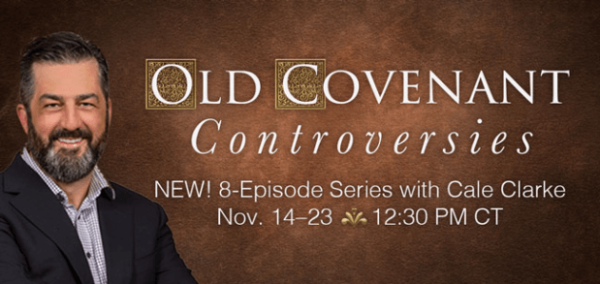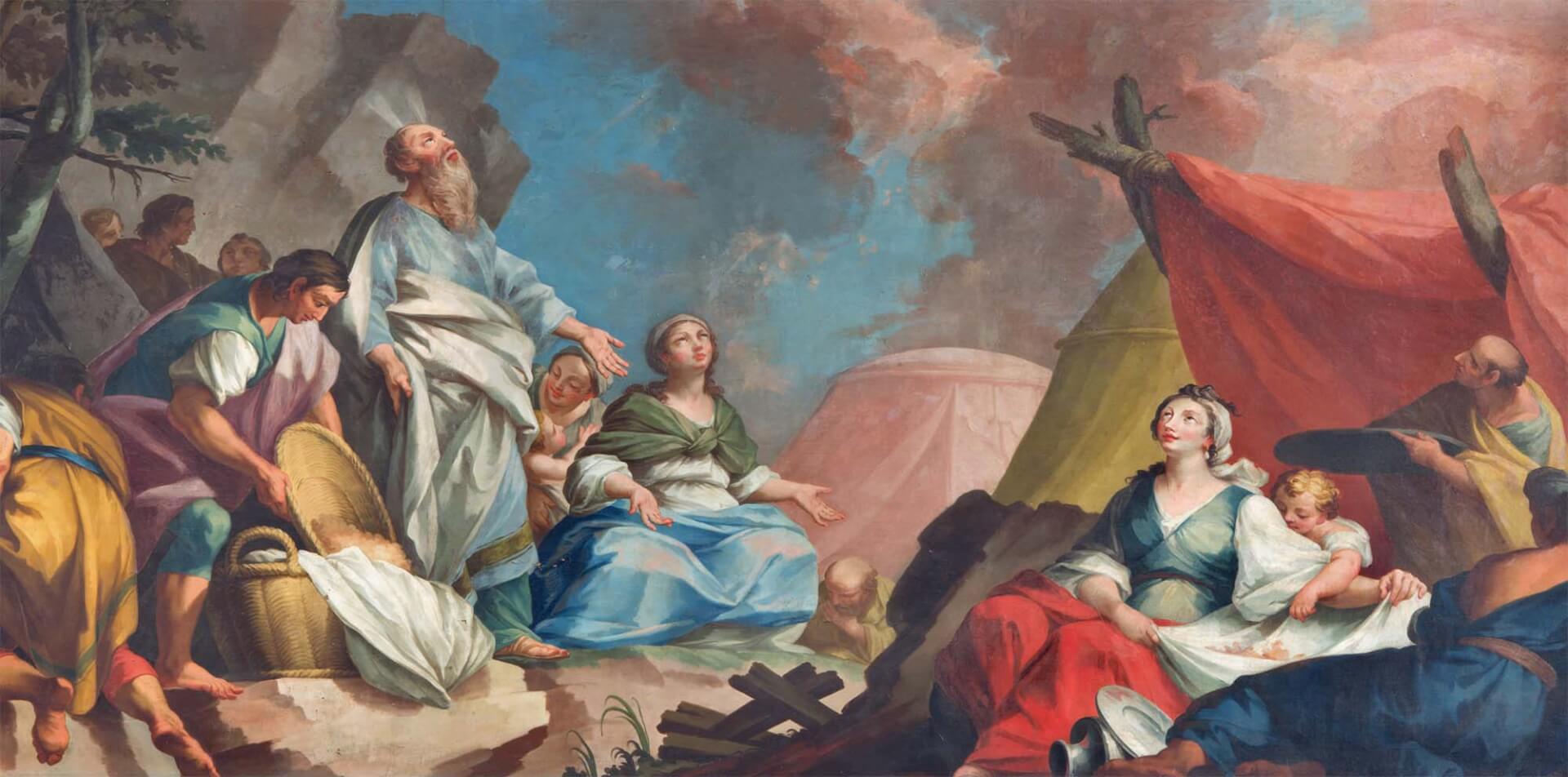Cale continued his discussion of the historicity of Exodus on Old Covenant Controversies on The Faith Explained.
As we Christians believe, the Holy Spirit divinely inspired the writing of sacred scripture. In other words, He is the primary author of the Bible. And as God, the Holy Spirit is a very reliable witness to the events documented. But for those minimalist scholars who don’t trust the Old Testament accounts, what is holding them back from treating the Book of Exodus as a historical account?
For many, it revolves around the absence of an Egyptian account of the Exodus. There is “nothing substantial” in the Egyptian records that says the Israelites were with them, were enslaved, or that they escaped bondage through the supernatural works channeled through Moses.
But as Tremper Longman says, this isn’t surprising or even unexpected. At that point in history, the Egyptians were the most powerful nation that the world had ever seen. To them, their leader was a god. And after having enslaved a small, nomadic people, they had been thoroughly embarrassed. Their land and people had been ravaged by plagues, their magicians were shown up, and their Pharaoh was humiliated. This period of history is not something they would want people to remember. “Also, with Hoffmeier, we must remember that the Egyptians were not in the practice of memorializing those who defeated them, which explains why the Egyptians left no record of the Israelites’ presence.”
Additionally, the Exodus may not have been as multitudinous as is typically thought. Exodus is usually interpreted as the migration of millions of Israelites from Egypt to the Promised Land. In actuality, it may have been “thousands”, not “millions”. And the reason there are no remnants of homes in the land where they were said to be enslaved is that it was a delta. In that delta zone, there is very little access to stone and only an abundance of mud and wattle. It is much more likely that they built their homes out of mud, and because of the annual flooding, were forced to constantly replace their homes.
As for indirect evidence for the Book of Exodus, Longman presents the following: the Merneptah stele, the Amarna tablets, the Egyptian influence on Exodus, and the emergence of villages in the central hill country.
The Merneptah stele is the first extrabiblical reference to the nation of Israel. It is a commemorative slab of stone that recognizes the victory of Pharaoh Merneptah over the land of Canaan. Of his other victories in the region, a line on the stele reads, “Israel is laid waste, his seed is not.” This, combined with the context of the Egyptian language and the fact that the Israelites would have been in Canaan by this point, suggests that the timeline and facts presented in Exodus are accurate.
The Amarna tablets were a series of letters that were sent between various city-states and Egypt. These letters do not make explicit mention of Israel, but they do mention a request for aid against a common enemy which they call Habiru. Habiru is a term that the Canaanites used to describe those who lived outside cities and threatened their inhabitants. While not definitely a reference to the Hebrews, the term and timeline fit the Hebrews from a sociological and time period standpoint.
Longman’s third piece of indirect evidence for the truth of Exodus is the amount of Egyptian influence that we can see on the Israelites. Many Levites bore the imprint of Egyptian names, they used the Egyptian terms for priest regalia, and they also used overtly Egyptian words like the one for “censer”. Even further, Dr. Benjamin Noonan of Columbia International University provided a comparison of Exodus and the rest of the Old Testament and there is a significantly higher proportion of Egyptian terminology used in Exodus than in the other books.
And lastly, Longman presents the discovery of some 300 villages in the central hill country of Canaan. All of the villages used a similar architectural style, used olive-terracing, and the use of plaster-lined cisterns for water collection, suggesting that they were villages constructed by a singular nation or people. And most interesting of all, archaeologists discovered a significant absence of pig bones amongst the remains of these villages, and Israelites are prohibited from consuming pork.
Listen to this full episode of Old Covenant Controversies above or on The Faith Explained show page! And be sure to catch the rest of the episodes live on Relevant Radio at 12:30pm CT from November 14 – November 23!



